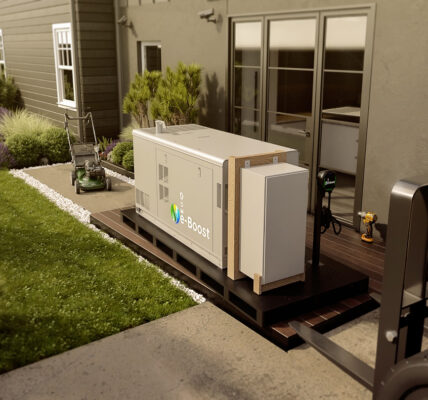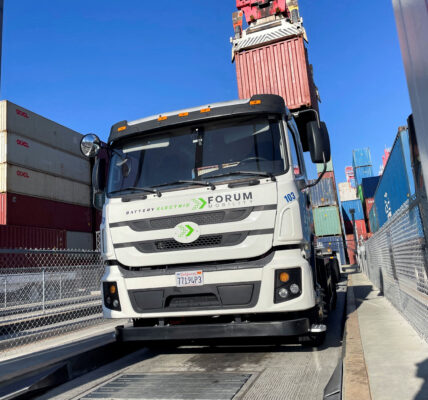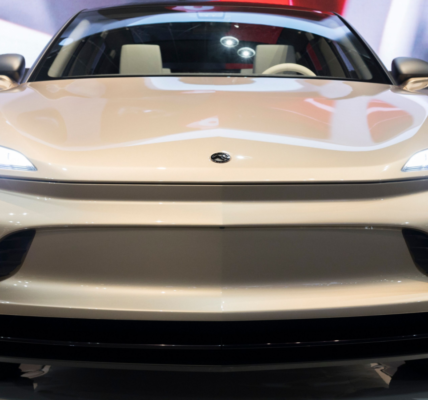Ford Motor Company has signed a contract with EnergySource Minerals to obtain lithium hydroxide from its production facilities in Imperial County near the Salton Sea, expected to be fully operational in 2025.
The announcement Wednesday by EnergySource didn’t give a dollar amount or say how much could be sold to the giant automaker, which like others is pushing to obtain the featherlight mineral for millions of electric vehicles. The Biden administration and California have set deadlines to end the sale of new gasoline-powered cars by 2035, and hefty federal grants are also available for manufacturers and suppliers of domestically produced vehicles and parts.
EnergySource’s “Project ATLiS” near the Salton Sea is expected to produce approximately 20,000 metric tons of lithium annually, the company said in a news release, which would quadruple the current U.S. supply of domestic lithium and is enough material to build around 500,000 EVs per year. Lithium is a critical component used to manufacture cathodes in EV batteries.
Ryan Kelley, who chairs the Imperial County Board of Supervisors and represents the impoverished area that has been dubbed Lithium Valley by state and local officials, said Wednesday that he and others had long been aware that EnergySource was talking with a major auto manufacturer, “and now we all can know exactly who they’ve been talking to. It is another great mark in the movement for Lithium Valley.”
EnergySource and two other companies are in various stages of developing technologies to extract lithium and other critical minerals from a vast geothermal brine reserve a mile to two miles deep underground at the Salton Sea. They say by using a long-proven “closed loop” system to pump the hot brine up and “flashing” off steam, then using proprietary technologies to separate out the lithium, they can produce it via far less destructive methods than hard rock mining or huge evaporation ponds used elsewhere.
EnergySource is the furthest along of the three companies, with more than one contract and county and water supply approvals, and says its patented ILiAD technology will “dramatically reduce the water footprint of alternative approaches, will not consume reagents, will demonstrate order-of-magnitude longer operating life and achieve higher lithium recovery rates than others to date.”
A company official said in April that it needed $1 billion to fully ramp up commercial operations. Wednesday’s announcement is a big step forward.
The company said “extensive additional pilot operations have demonstrated that ILiAD can be widely used on lithium brine resources across the world” and added that its Imperial County project “will highlight the scaled commercial viability of this state-of-the-art technology.”
“We are delighted to announce this contract with Ford Motor Company,” Eric Spomer, CEO of EnergySource Minerals. “The domestic supply chain for EVs in the United States is taking shape, literally from the ground up … and we are proud to play a part in building America’s clean energy supply chain. By deploying our ILiAD technology to brine resources across the world, we will enable an additional supply of sustainably produced lithium more broadly.”
Added Lisa Drake, Ford’s vice president of EV Industrialization, Model e: “We are working with promising companies such as ESM to help support our ability to scale EV production and make (them) more accessible for customers over time. The work we are doing with ESM is key to growing our access to minerals such as lithium, which is essential to Ford’s EV growth.”








